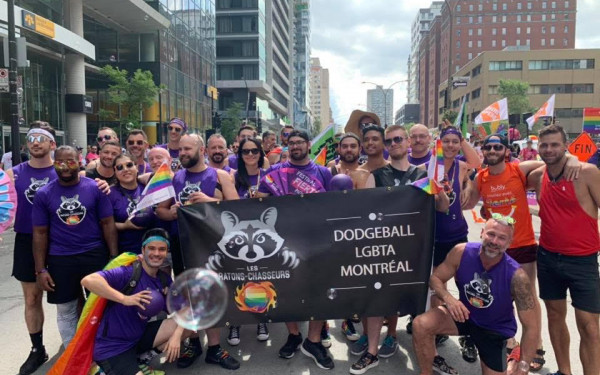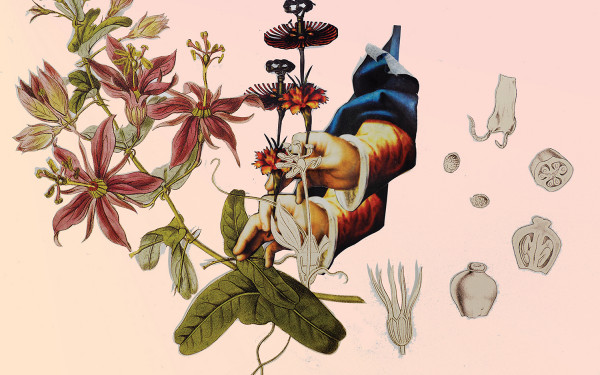Editorial: It’s Not Enough to Claim to Be an Advocacy Publication
As we assembled this Gender and Sexuality special issue, we reflected on the kinds of stories we have published in the past.
We want to see a society where people make an effort to understand and listen to each other.
We know gender and sexuality are often conflated in everyday discourse. We know transphobic, homophobic, or biphobic ideas are conveyed by many people, well intentioned or not.
As an advocacy publication, we believe it is crucial to be a platform for queer voices to set the record straight.
In recent years, we’ve published stories we were excited about, which covered an array of topics relating to gender and sexuality. The phenomenon of sexting, sexually submissive men detailing their experiences, and a sex worker’s narrative were all covered in past magazines.
But there are multiple gaps in our reporting, too. There is no gender diversity among our generally white masthead and board of directors.
It’s hard not to notice our countributor base has been consistently more diverse than our masthead, which speaks to the inaccessibility of participating in un or underpaid student journalism work.
—-
The inside cover of this issue was designed as an abstract tribute to the Transgender Pride Flag.
This issue was supposed to include the personal narrative of a transfeminine individual, which due to unforseen circumstances will not be published.
The inside cover is meant to serve as a replacement in representation and draw attention to the lived realities that trans people face everyday.
We take responsoibility for the mistakes and errors in judgement that pervade the work we do and have done. We are a work in progress: as individuals, as Volume 40’s masthead, and as a publication.
In this issue of The Link we tried to explore the notion of gender and sexuality from a lens of multiculturalism and lived experience. The discourse around these topics can tend to be centralized around white queer culture, when the reality of LGBTQ+ people can differ so widely as a result of culture, race, and religion.
Conversations about gender and sexuality tend to ignore the added difficulties queer People of Colour face on a daily basis.
We recognize that as a self-proclaimed advocacy publication we have a role to play in helping to disseminate and facilitate these conversations, to educate whute queers about what their PoC LGBTQ+ community members are going through and to continuously hold ourselves and others accountable to the LGBTQ+ community.






